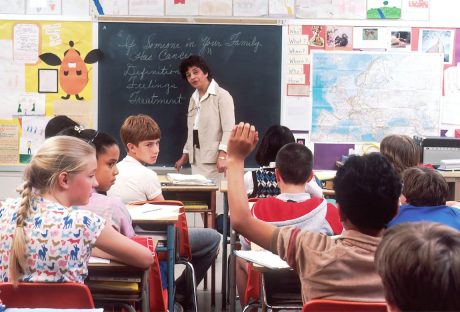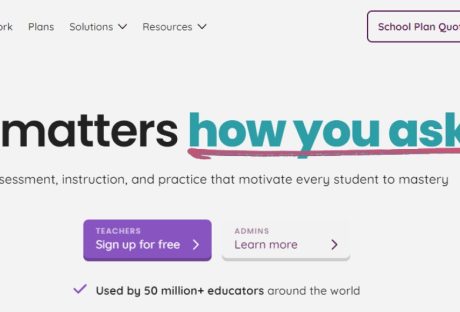Student life can be challenging, especially as people transition through multiple stages of their academic journey. From managing time and studying effectively to dealing with the pressures that come with college life, students must find ways to navigate through these experiences successfully.
This paper aims to discuss the various issues that students commonly face in relation to their studies, as well as provide strategies and solutions for addressing them.
Contents
Common Problems Faced by Students

1. Time Management Issues
Time management is a major problem faced by many students today. With increasingly packed schedules due to personal commitments, extracurricular activities, and more; it’s easy for other aspects of life such as studying and completing assignments to fall by the wayside.
Writing admission essays can be particularly stressful and time-consuming, as they often require specialized knowledge of the application process. https://domypaper.me/do-my-admission-essay/ offers a solution to this problem by providing students with access to experienced admission essay writers who can help craft their essays in an efficient manner to ensure that all deadlines are met with ease.
2. Poor Study Habits
Poor study habits can also present a challenge for students and are often caused by bad time management or lack of focus. This includes procrastination, not attending classes, relying too much on technology, forgetting to take notes, and failing to prepare adequately for exams.
3. Lack of Motivation and Interest
Sometimes students can have difficulty staying motivated due to a lack of interest in the subject matter or feeling overwhelmed by the amount of work that has to be done. In these cases, it’s important to identify why the student is struggling and come up with strategies for increasing their engagement with their studies.
4. Peer Pressure and Social Anxiety
Students may also face pressure from peers and/or struggle with social anxiety as they transition into college. This can be particularly difficult for those who are not used to being around large numbers of people or who feel uncomfortable speaking up in class.
5. Financial Struggles and Stressors
Many students also struggle financially due to the cost of tuition, books, and other expenses associated with pursuing a degree. Stress levels can become high as students balance their studies with the need to make money in order to stay afloat.
6. Poor Mental Health and Trauma-Related Issues
Finally, poor mental health can present an additional challenge for students as they face academic pressures while coping with underlying issues such as depression, anxiety, PTSD, addiction, etc. It’s important for students to reach out for professional support as needed in order to deal with these issues effectively.
Solutions to Help Address the Above Problems

A. Establishing a Schedule and Setting Priorities
The first step in addressing many of the challenges that students face is establishing a schedule and setting priorities. This includes creating a plan for studying, taking notes during lectures, breaking down large tasks into smaller chunks, and finding ways to spend time with friends without sacrificing their studies.
B. Developing Effective Study Techniques & Approaches
Developing effective study techniques can also be helpful in managing student workloads more efficiently. This includes using flashcards, mnemonic devices, summarizing material, and other methods that can make studying easier and more enjoyable.
C. Finding Supportive Resources & Establishing Healthy Money Habits
It’s also important for students to seek out supportive resources such as counseling or mentorship programs in order to get the help they need. Additionally, establishing healthy money habits can be beneficial for managing finances throughout college life.
This includes budgeting and finding ways to save money on necessities such as textbooks or basic living expenses. If students find themselves struggling to keep up with the demands of college life, https://myessayhelper.net/ can provide assistance with essay writing and other academic tasks.
D. Seeking Professional Help as Appropriate
Finally, it is important for students to recognize when professional help may be necessary for addressing the various challenges they face during their studies. This could include seeking therapy or medication if needed, talking to a professor or academic advisor, or connecting with peers who can support them.
In the case of research papers, https://typemyessay.me/service/research-paper-writing-service/ can provide valuable support in helping students to tackle the complexity of researching and writing a successful paper.
By taking the steps above, students can better manage their studies and find balance in their college life. Establishing positive habits, taking advantage of available resources, and prioritizing self-care can help create a successful and rewarding experience.
Conclusion
The transition to college can be a challenging yet rewarding period of growth for many students. By recognizing the common challenges they face and using the solutions outlined above to develop effective coping strategies, students can successfully navigate their academic experiences and make the most out of their collegiate years.
With some dedication and perseverance, students can set themselves up for future success by establishing healthy habits that will last a lifetime.
Read Also:





















